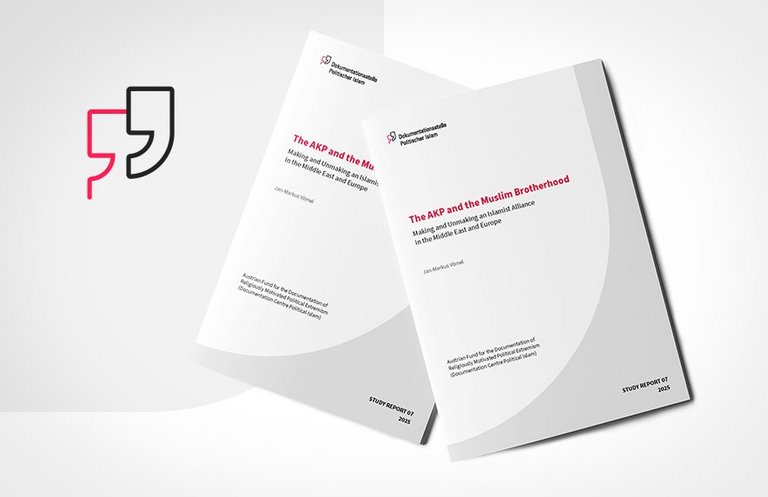Detail News

DPI report on the activities of the Tablighis and Barelwis
Ultra-orthodox religious groups from South Asia are also spreading ideas in Europe that can promote Islamist extremism in political debates.
A new report by the Austrian Fund for the Documentation of Religiously Motivated Political Extremism (Documentation Centre Political Islam) sheds light on the activities of lay preachers. The analysis focusses on the background of the Tablighi and Barelwi movements originating from India and Pakistan. They operate as international educational and charitable organisations and spread their strict interpretation of religion through missionary trips. The two ultra-orthodox groups have a formative influence, particularly on social and political life in Pakistan, through a targeted Islamisation strategy. Their rigid beliefs are often used by Islamist actors to promote their ideology in political debates.
"With the current publication on the activities of South Asian missionary movements in Europe, the fund is making an important contribution to knowledge building in this field of research. With their ultra-orthodox understanding of Islam, the Tablighis and Barelwis create a counter-model to the democratic constitutional state, which can promote social conflicts and religious radicalisation," says Lisa Fellhofer, Director of the Documentation Centre.
Activities in Austria
In a global competition between lay preachers, the two groups from South Asia are competing primarily for the broad base of the inner-Muslim community "from below". The aim is Sunnaisation, i.e. the transformation of individual lifestyles and identities along early Islamic lines. The Tablighis and Barelwis are also active in Austria, especially since, according to Statistics Austria, over 4,000 people with Pakistani citizenship live here. The Barelwi movement is linked to the Da'wat-e Islami organisation, among others, which is particularly active in the Vienna area and is increasingly active virtually via its own and social media channels.
Blasphemy and vigilante justice
The global influence of the two South Asian movements can be seen, for example, in debates surrounding Quran burnings or Muhammad cartoons, which are often politically instrumentalised. The Tablighis and Barelwis are particularly active in Pakistan, where the strictest anti-blasphemy laws in the world apply, meaning that the death penalty can sometimes be carried out for insulting the Prophet's honour, for example. People accused of blasphemy - including members of religious minorities in particular - are regularly the victims of Islamist vigilante justice.
Outside of Pakistan, there have been acts of violence in European countries and elsewhere. For example, an attack near the former offices of the satirical magazine Charlie Hebdo in France in 2020 was carried out by a Barelwi activist. In 2021, the Islamist party TLP, which had been banned in the meantime, was allowed to run for election again in Pakistan. The party, which is close to the Barelwis, represents a radical wing of the movement and called for a mandatory jihad of all Muslim countries against France in the same year.
Sunnaisierung und Blasphemiepolitik am Beispiel islamischer Laienprediger




